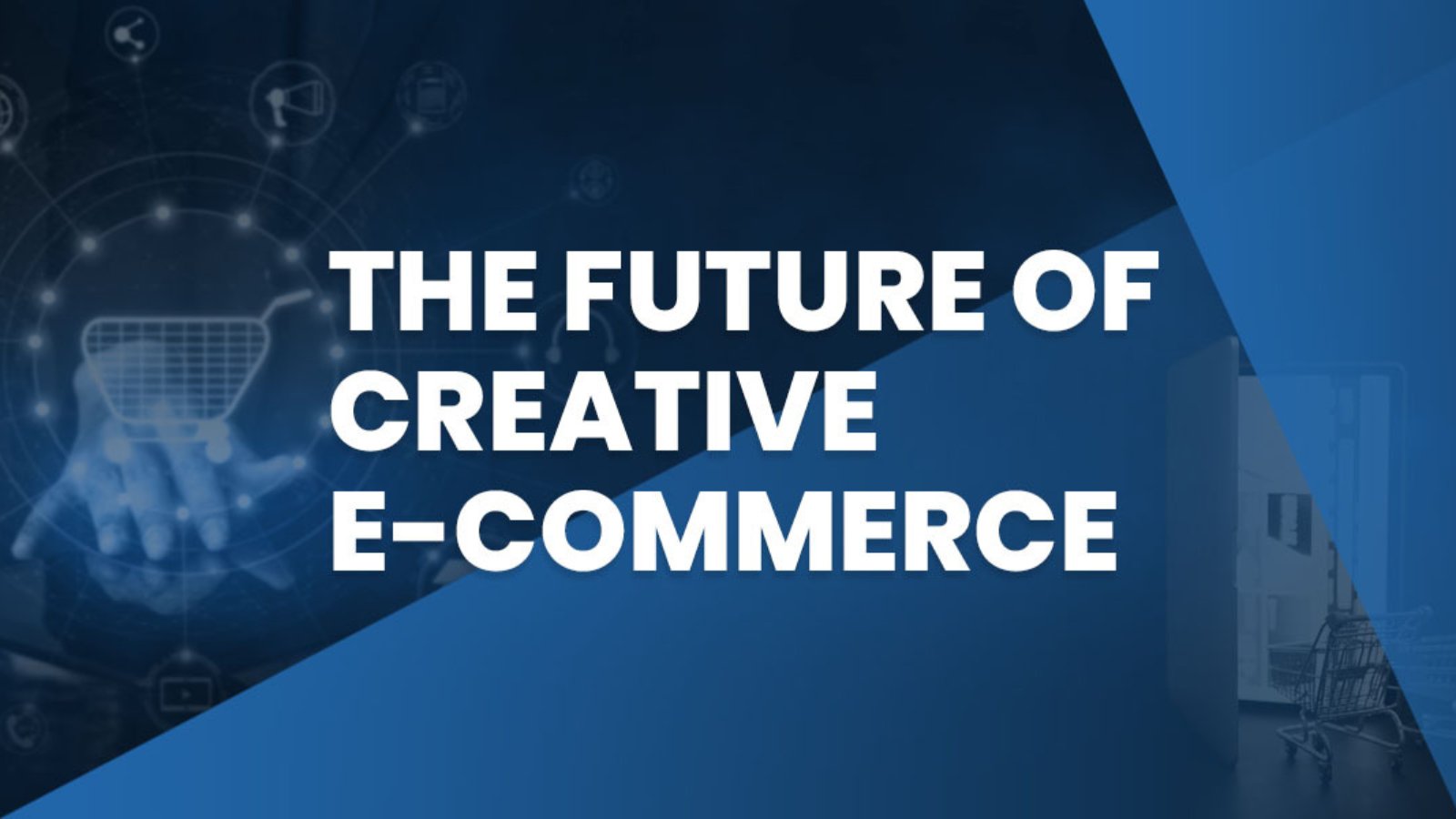In the digital era, the convergence of creativity and commerce is an undeniable trend shaping the future of e-commerce. This convergence is driven by a simple yet powerful consumer-centric philosophy: provide what consumers desire, not just what you wish to sell.
This principle emphasises empathy and purpose in business strategies, urging companies to forge meaningful connections with their consumers through innovative and thoughtful experiences.
The e-commerce landscape is witnessing an influx of players and diverse offerings, bringing a new wave of opportunities and challenges. Notable companies like Roundel, Pinterest, Facebook, and Google are at the forefront, introducing novel ways for consumers to engage with and purchase brands within their ecosystems. This evolution is marked by a significant shift from traditional transactional interactions to more immersive and educational experiences.
As we look ahead, the future of creative e-commerce will likely be characterised by several key trends:
Personalization and Customization: The increasing demand for personalised shopping experiences will drive ecommerce platforms to utilise data analytics and AI to offer tailor-made product recommendations and custom experiences.
Integration of AR and VR: Augmented Reality (AR) and Virtual Reality (VR) technologies will transform online shopping, allowing consumers to visualise products in a more realistic and interactive manner.
Social Commerce: The integration of e-commerce into social media platforms will continue to grow, making shopping a more seamless and social experience.
Sustainable Practices: With rising awareness about environmental issues, eco-friendly and sustainable practices will become a critical aspect of e-commerce, influencing consumer choices and brand loyalties.
Mobile-First Approaches: The predominance of smartphones will lead to a mobile-first approach in e-commerce, optimising websites and apps for mobile users.
Global Marketplace: E-commerce will increasingly become a global marketplace, offering products from around the world and catering to a diverse international audience.
Automated Customer Service: AI-powered chatbots and automated customer service tools will become more prevalent, providing efficient and personalised customer support.
Interactive Content: The use of interactive content like videos, quizzes, and games will enhance engagement and provide a more dynamic shopping experience.
The future of creative e-commerce is poised for transformative growth, blending innovative technology with a deep understanding of consumer needs. This evolution presents an exciting opportunity for businesses to rethink their strategies and embrace these emerging trends to stay competitive and relevant in the rapidly changing digital marketplace.
For a deeper insight into how your business can navigate and thrive in the future of creative e-commerce, visit a leading free ecommerce website builder.

Add a Comment